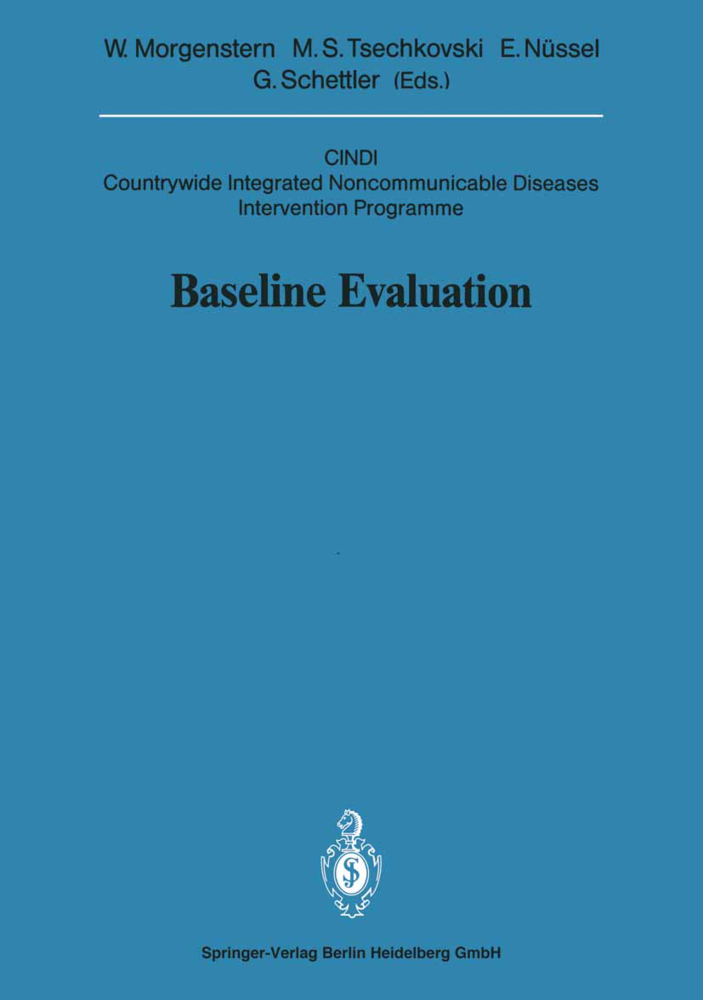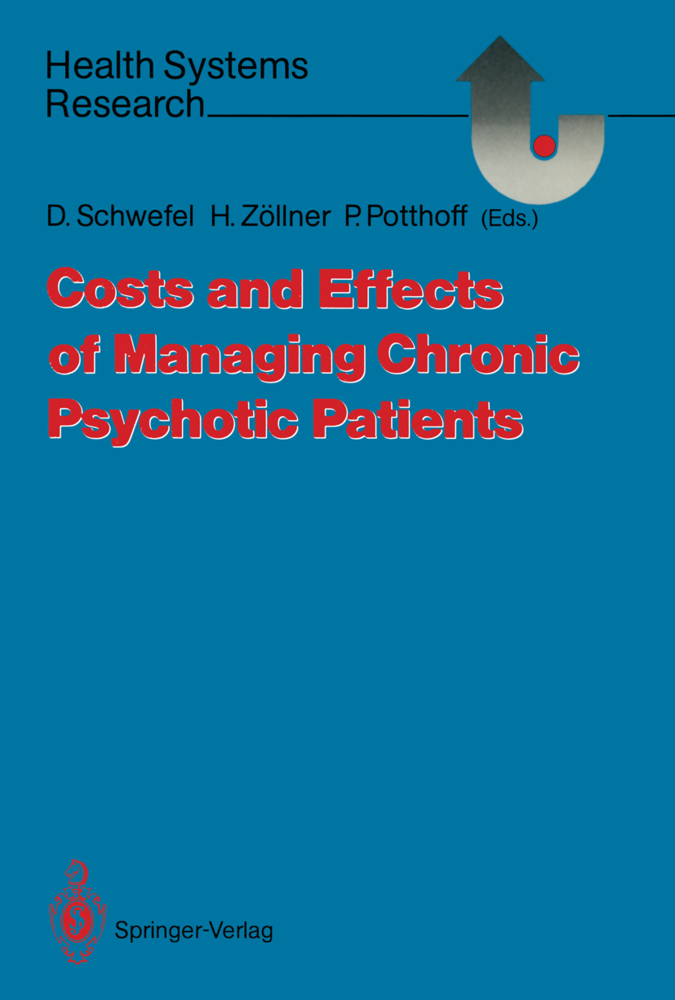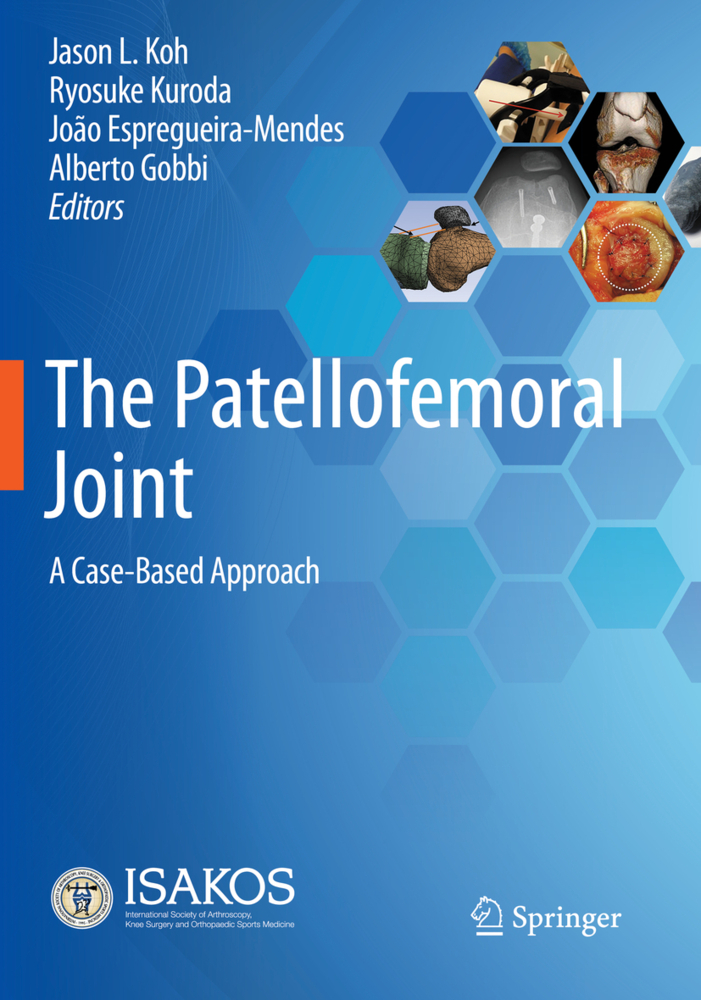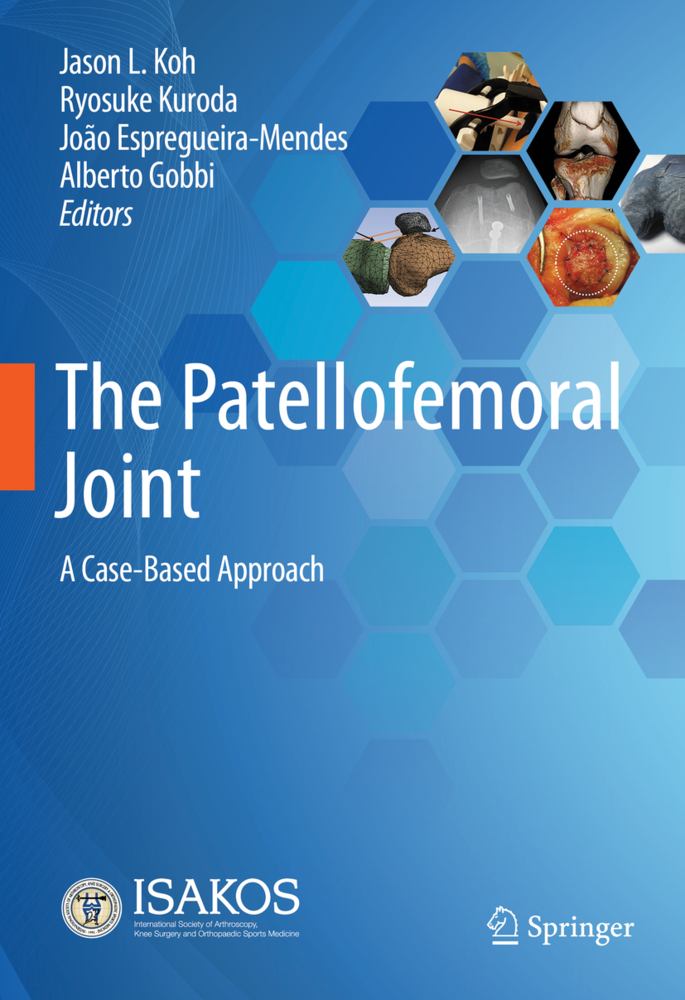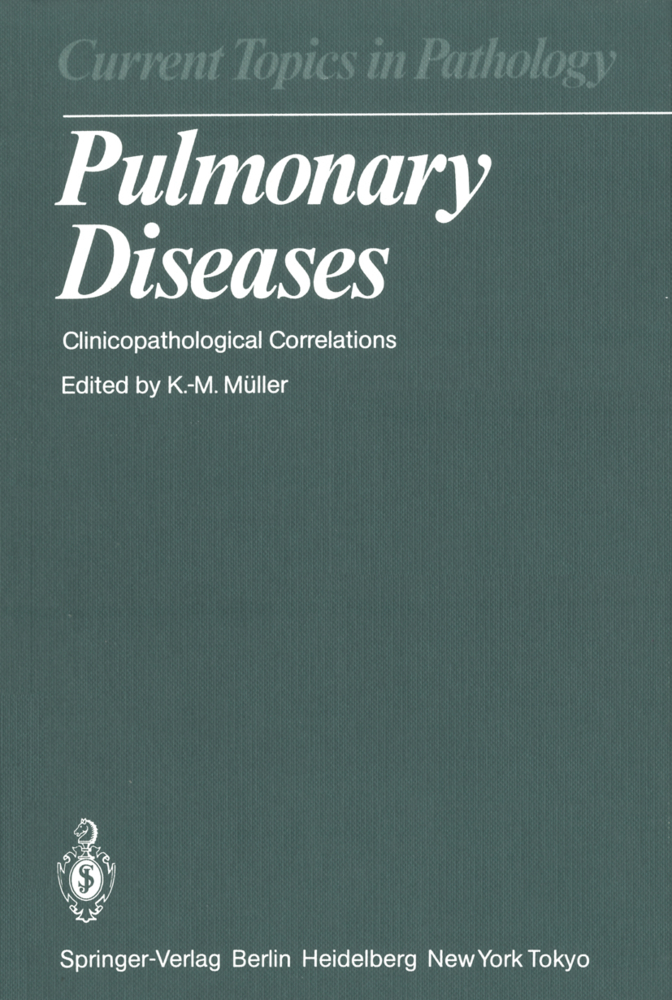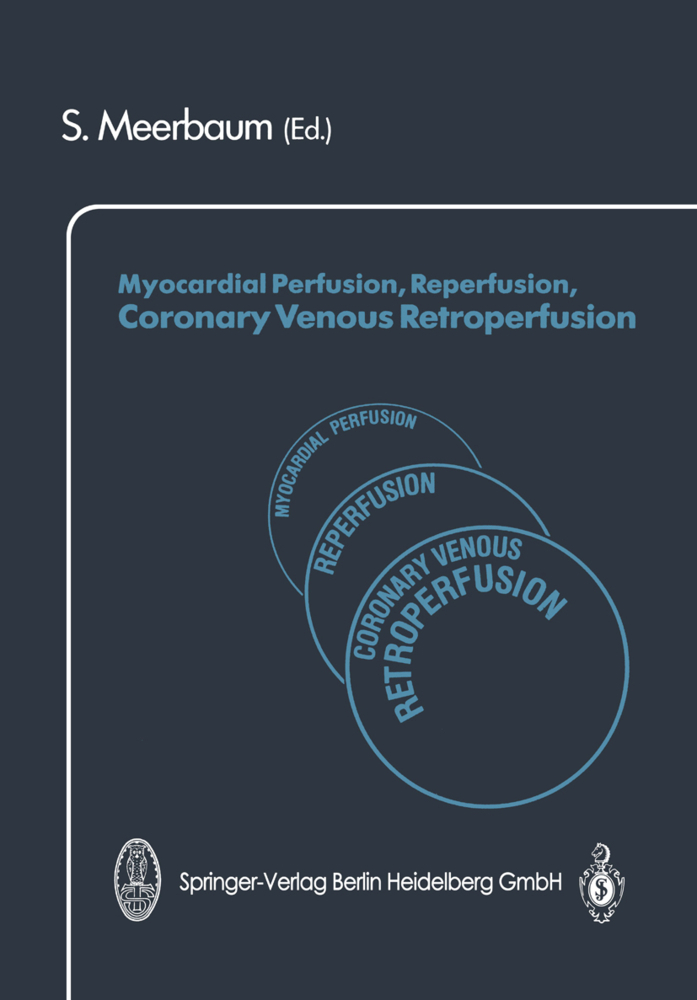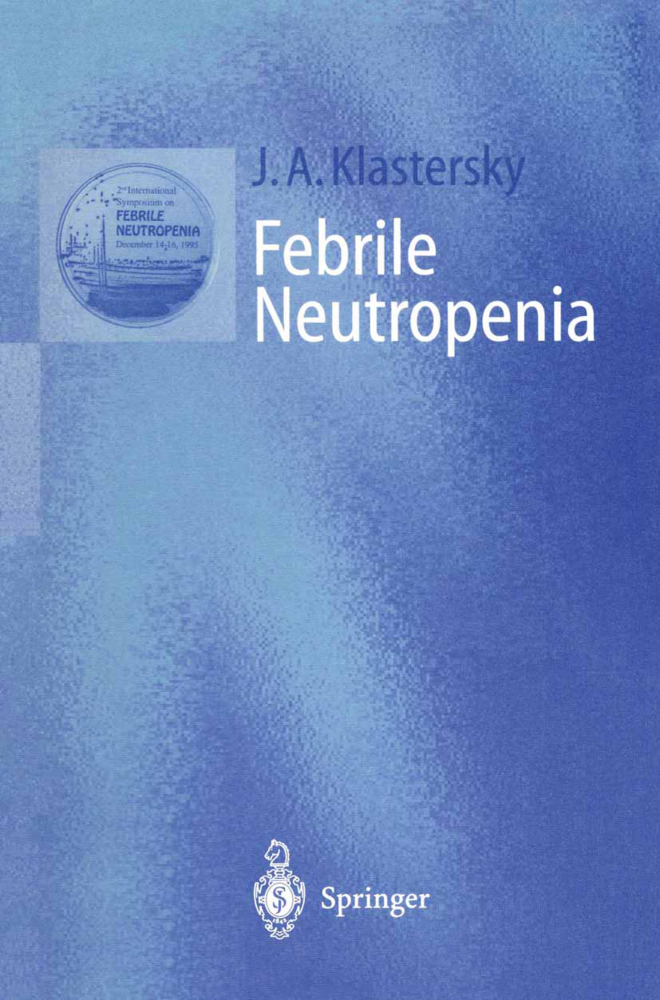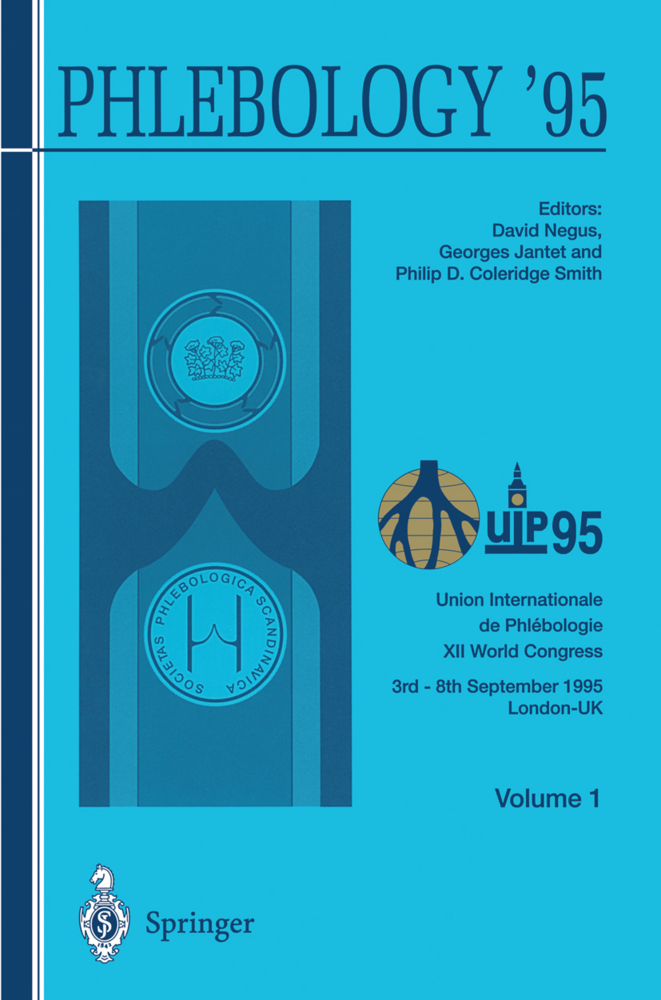Baseline Evaluation
CINDI Countrywide Integrated Noncommunicable Diseases Intervention Programme
Baseline Evaluation
CINDI Countrywide Integrated Noncommunicable Diseases Intervention Programme
CINDI is an European intervention programme against majornoncommunicable diseases (NCD). 12 European countries,Canada, and Israel are participating in the programme whichis coordinated by the World Health Organization.The book discribes the baseline situation in thecountries prior to the start of the programme. Trends in thepremature mortality of some major NCDsare given as well asthe prevalence of risk factors for NCDs in the population(high blood cholesterol, high blood pressure, overweight,smoking). The results presented stress the necessity of a country-wide integrated approach: NCDs account for two third ofpremature deaths in the CINDI countries and around 70% ofthe adult population are at risk for NCDs.
3 Evaluation Framework and Epidemiological Indicators for the First Baseline Evaluation
4 Overview of the Epidemiological Baseline Indicators
5 Additional Baseline Indicators and Plans for Future Development of the Evaluation Framework
6 Implications for Evaluation of CINDI Programmes
7 Annex.
1 Introduction
2 Preventing Noncommunicable Diseases: an Opportunity to Contribute towards Achieving Health for All3 Evaluation Framework and Epidemiological Indicators for the First Baseline Evaluation
4 Overview of the Epidemiological Baseline Indicators
5 Additional Baseline Indicators and Plans for Future Development of the Evaluation Framework
6 Implications for Evaluation of CINDI Programmes
7 Annex.
Morgenstern, Wolfgang
Tsechkovski, Mark S.
Nüssel, Egbert
Schettler, Gotthard
| ISBN | 978-3-540-54646-7 |
|---|---|
| Artikelnummer | 9783540546467 |
| Medientyp | Buch |
| Copyrightjahr | 1991 |
| Verlag | Springer, Berlin |
| Umfang | IX, 54 Seiten |
| Abbildungen | IX, 54 p. 32 illus. |
| Sprache | Englisch |

